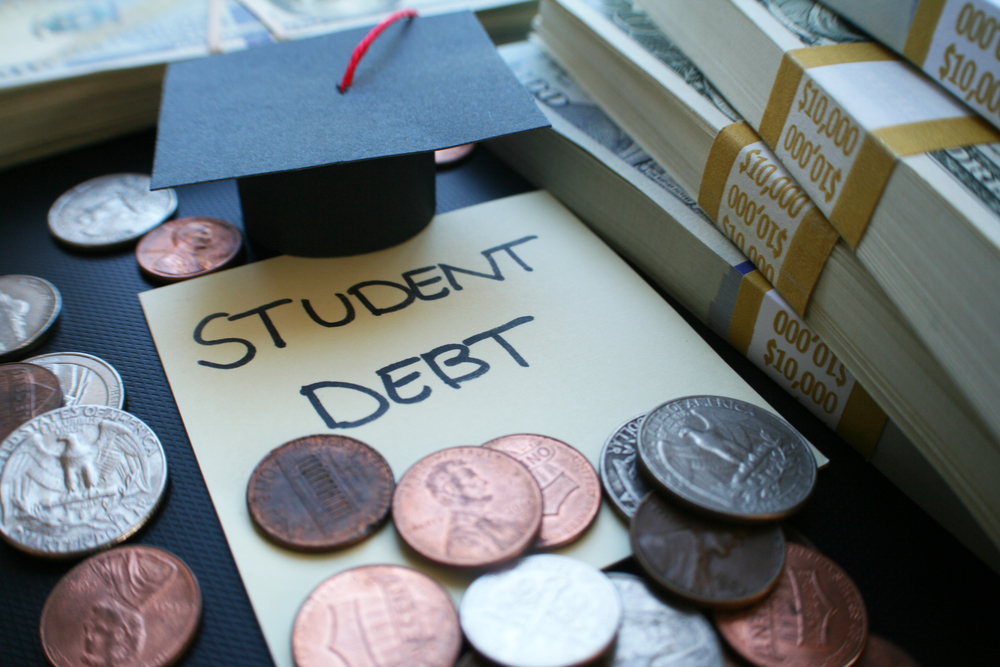DISCLAIMER: As the COVID-19 public health situation evolves, new regulations are being continually issued. This page/story/information may not include the most recent information.
By Bruce McClary: 11/22/19
The short answer is no, paying off a portion of your student loan won’t quickly improve your score. And even if you pay it off in full, your score may not get the boost you expect. If your main goal is to increase your score, you have to review your current credit reports to determine what needs to be improved or changed.
When you consider what goes into your score, the most influential factor is making payments on time, which accounts for 35% of your score. A history of late payments can drastically reduce your score. So, if you pay your student loans on time every month, they are positively contributing to your score over time, building a history of positive payments. This is actually their biggest contribution to your score.
The second most influential factor is your utilization ratio, which is 30% of your score. Your utilization ratio is how much revolving credit you are using compared to how much credit you have. The lower your utilization ratio, the better your score. It’s recommended that you keep your credit usage at about 30% of your available credit. But this only considers your revolving debt, like your credit cards. Student loans or any other installment loan you have are not included in the calculation. So, reducing the amount you owe on your loan won’t affect your utilization ratio.
The next most influential factor is the length of your credit history, which influences your score by 15%. The longer you’ve had credit, the better. Younger or shorter credit histories usually come with lower scores that can only be improved over time so taking time to pay off your student loan for a couple of years could allow you to build a history.
And last but not least, your credit mix and credit inquiries (how often you ask for new credit) influence your score by 10% each. Your credit mix looks at the different types of credit that you have, such as credit cards or installment loans. It is recommended to have a combination of both. Now, if you have a limited variety of each, paying off your student loan could negatively affect your score by reducing the credit mix on your file.
Generally, you can expect to see your score improve over time if you are consistently mindful of the factors that influence your score. Paying on time, keeping your balances low, and asking for new credit sparingly should help you increase your score. And although paying off your student loan quickly may not give you the credit boost you expect, it is a good idea to become debt free and focus on your other financial goals.
If you are not sure where to start, get a copy of your credit reports, and review them carefully. You can get a free copy from each of the credit bureaus every 12 months at www.annualcreditreport.com. And if you need additional guidance determining what aspects of your credit report need improvement, contact an NFCC-certified credit counselor. Your counselor will review your credit and overall financial situation and help you establish an action plan that’s right for you. With the right guidance and discipline, boosting your score is just a matter of time. Good luck!
